KONGENS LYNGBY, DENMARK—According to a Gizmodo report, microbiologist Leonie J. Jahn of the Technical University of Denmark and her colleagues collaborated with chefs from The Alchemist, a restaurant in Denmark serving “ant yogurt,” in order to analyze the traditional recipe from Bulgaria. The researchers traveled to a village in Bulgaria—the home of one of the team members—to learn more about the process, which had been handed down through oral tradition. The local people explained that the recipe employs Formica rufa, or red wood ants, which are common in the region. When the scientists returned to Denmark, they replicated the traditional ant yogurt recipe by first adding four live ants to a jar of warm, raw milk, and covering the jar with cheesecloth. The jar was then placed in an ant mound, where the milk was left to sour and then become yogurt. Jahn said that analysis of the resulting product’s microbiome revealed that the ants contributed formic acid, which helped the yogurt to coagulate, and lactic and acetic acids, which accelerated fermentation. The researchers also attempted to make yogurt with frozen and dehydrated ants, but found that the yogurt did not ferment correctly. “Every seemingly small detail [of the process] actually had an impact on the safety and flavor of the resulting yogurts, highlighting the wisdom embedded in the traditions,” Jahn explained. Read the original scholarly article about this research in iScience. To read how tropical fire ants spread across the globe, go to "Ant Explorers."
Researchers Analyze Bulgaria’s Traditional “Ant Yogurt” Recipe
News October 9, 2025
Recommended Articles
Top 10 Discoveries of 2025 January/February 2026
The First Indo-European Speakers
Eastern Ukraine and Southern Russia

Digs & Discoveries March/April 2021
A Dutiful Roman Soldier
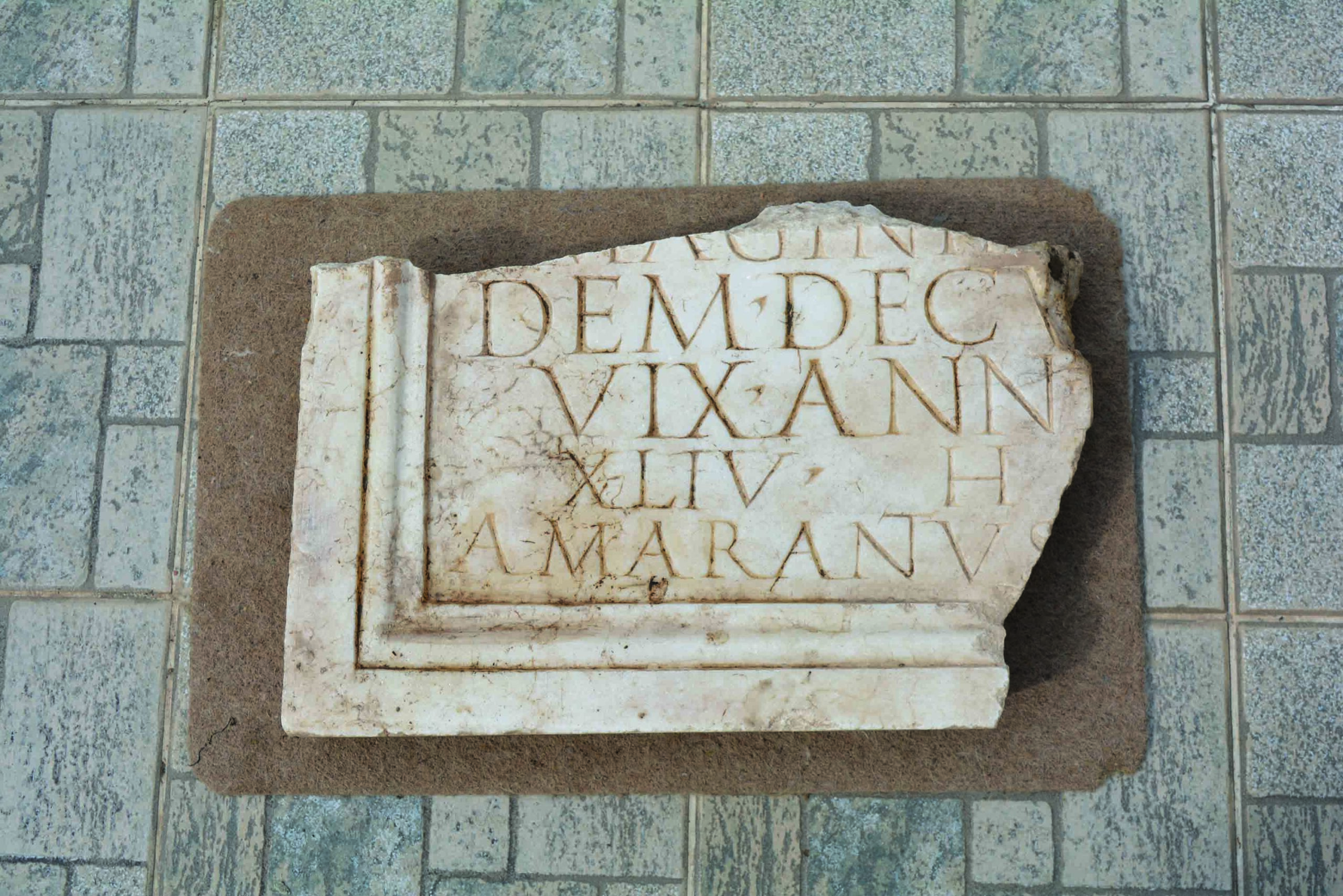

Digs & Discoveries July/August 2018
Mirror, Mirror
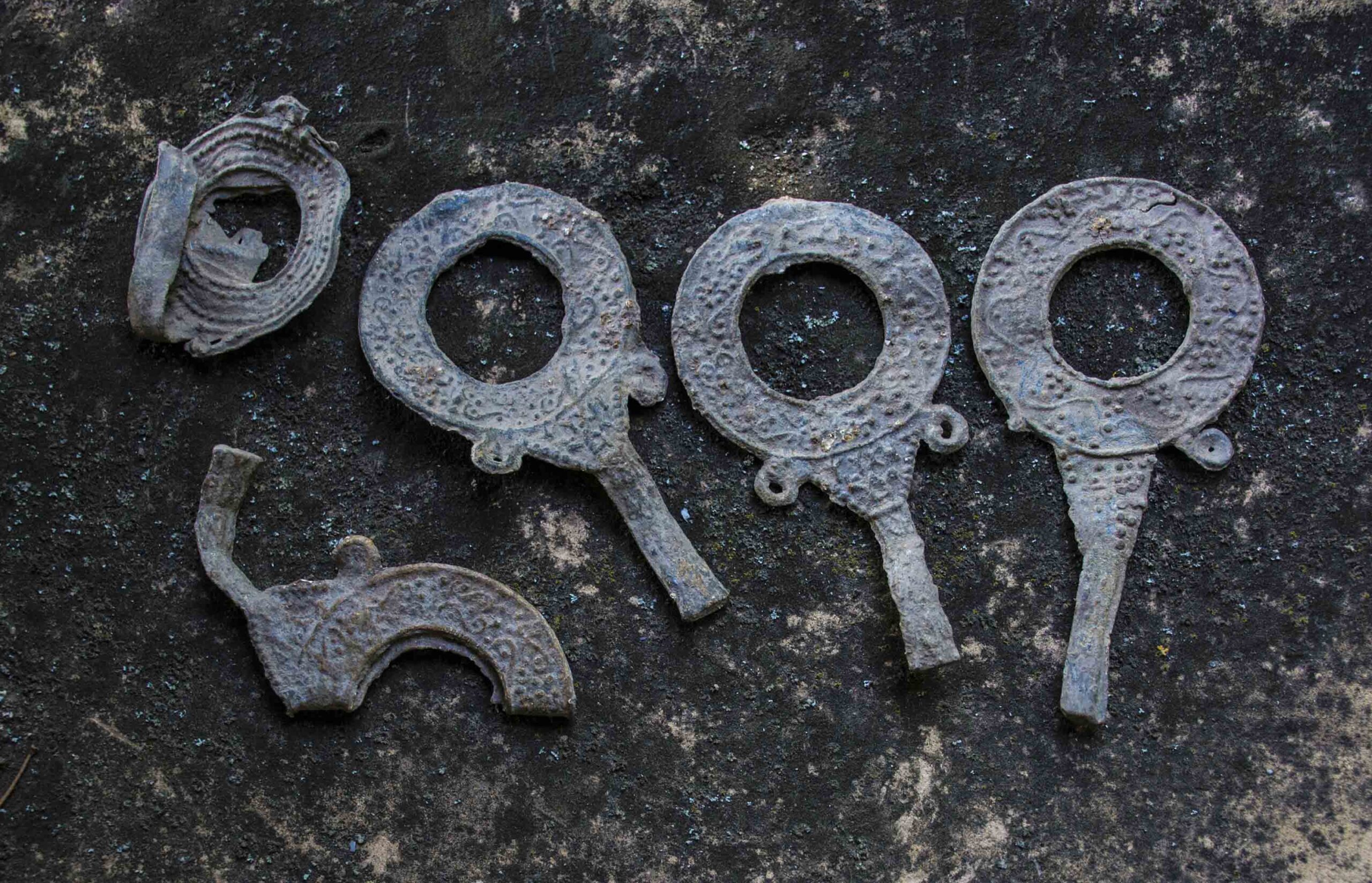
-
Features September/October 2025
Spirit Cave Connection
The world’s oldest mummified person is the ancestor of Nevada’s Northern Paiute people
 Howard Goldbaum/allaroundnevada.com
Howard Goldbaum/allaroundnevada.com -
Features September/October 2025
Here Comes the Sun
On a small Danish island 5,000 years ago, farmers crafted tokens to bring the sun out of the shadows
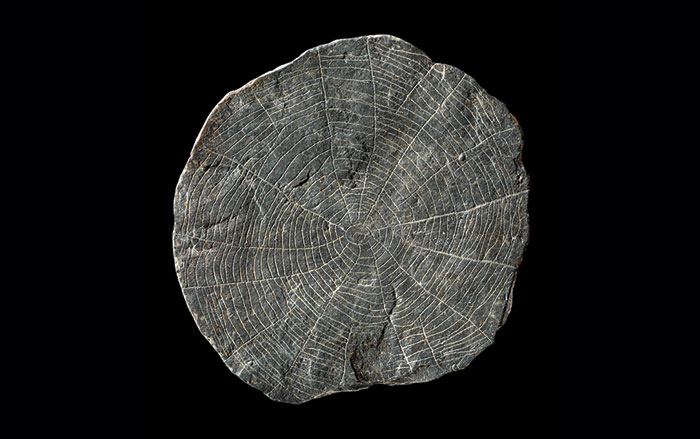 Courtesy the National Museum of Denmark
Courtesy the National Museum of Denmark -
Features September/October 2025
Myth of the Golden Dragon
Eclectic artifacts from tombs in northeastern China tell the story of a little-known dynasty
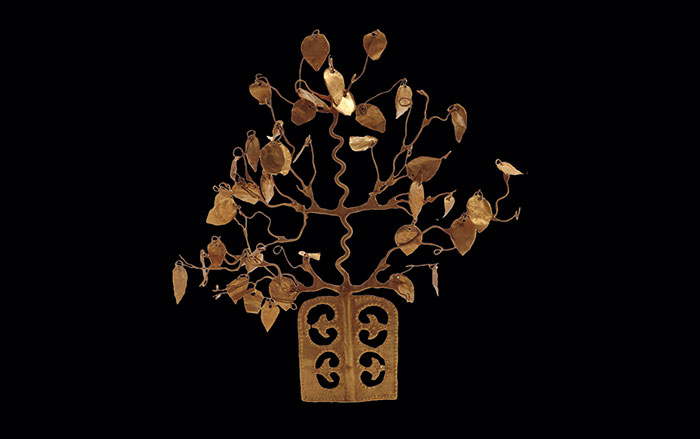 Photograph courtesy Liaoning Provincial Museum, Liaoning Provincial Institute of Cultural Relics and Archaeology, and Chaoyang County Museum
Photograph courtesy Liaoning Provincial Museum, Liaoning Provincial Institute of Cultural Relics and Archaeology, and Chaoyang County Museum -
Features September/October 2025
Remote Sanctuary at the Crossroads of Empire
Ancient Bactrians invented distinct ways to worship their gods 2,300 years ago in Tajikistan
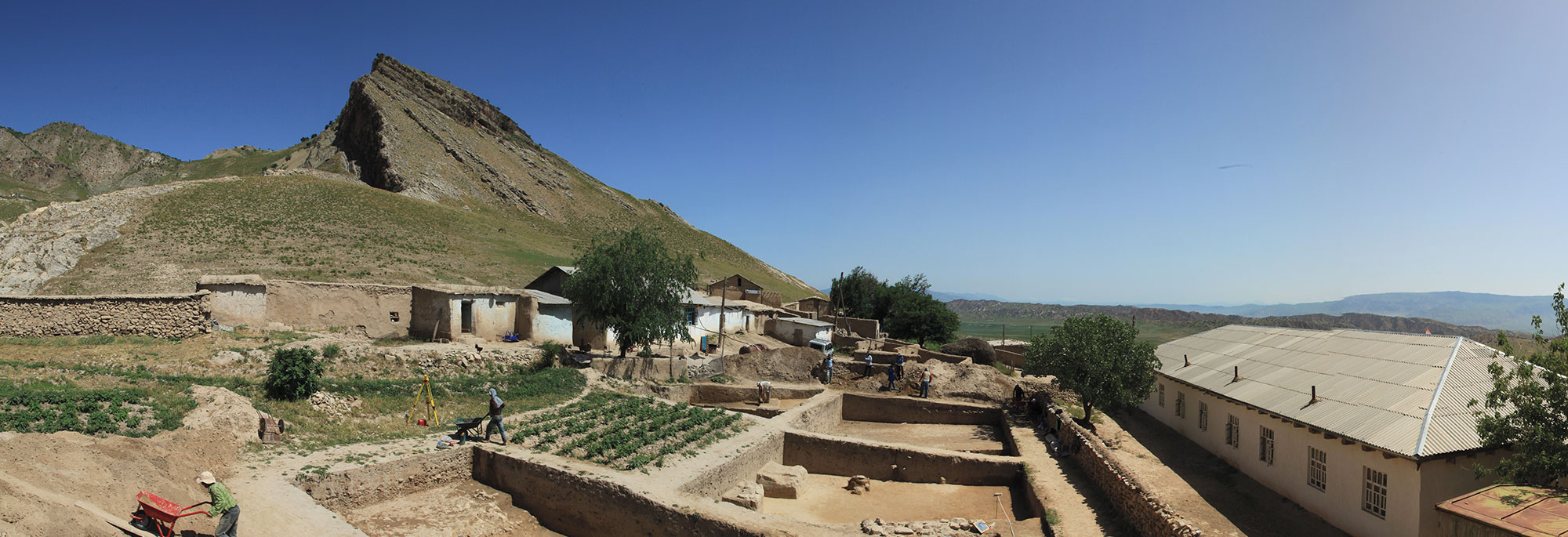 Gunvor Lindström/Excavations supported by the German Research Foundation
Gunvor Lindström/Excavations supported by the German Research Foundation



